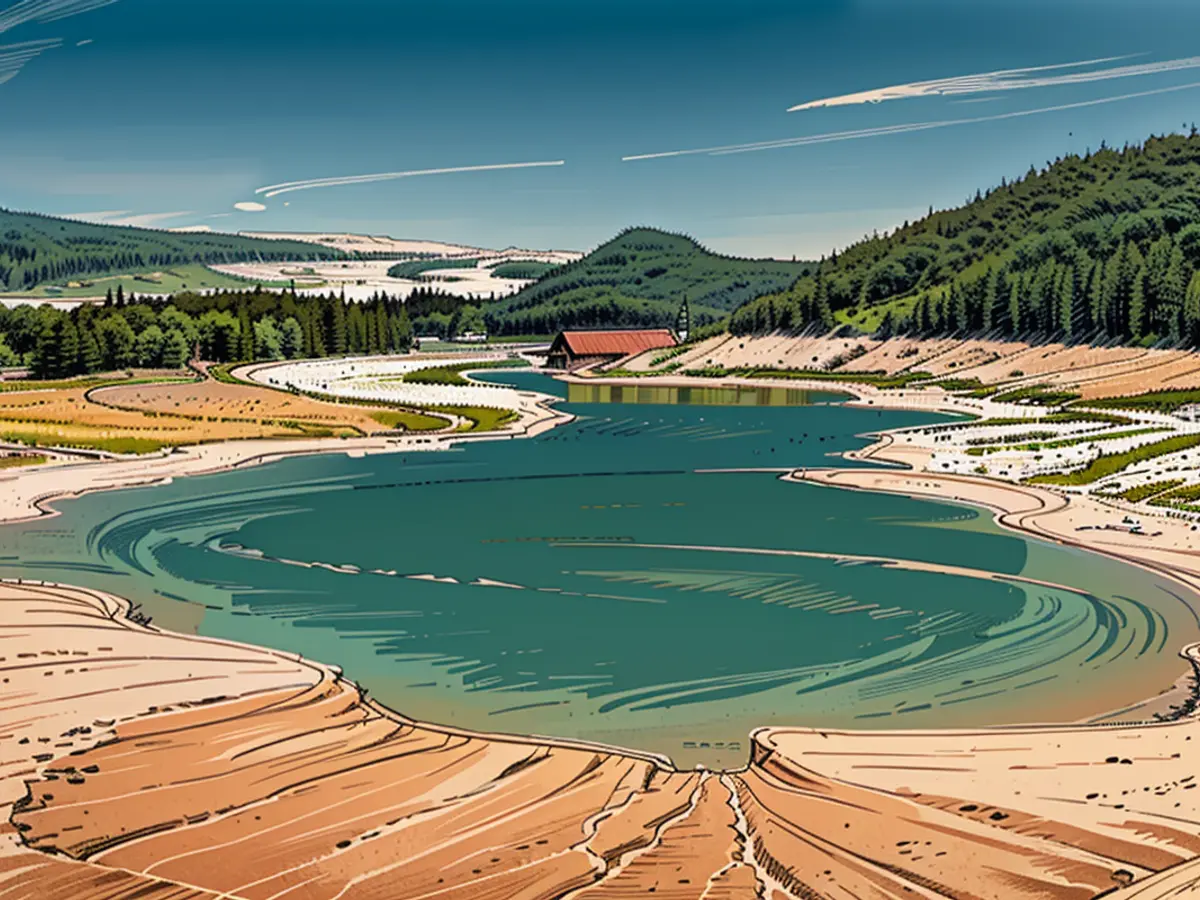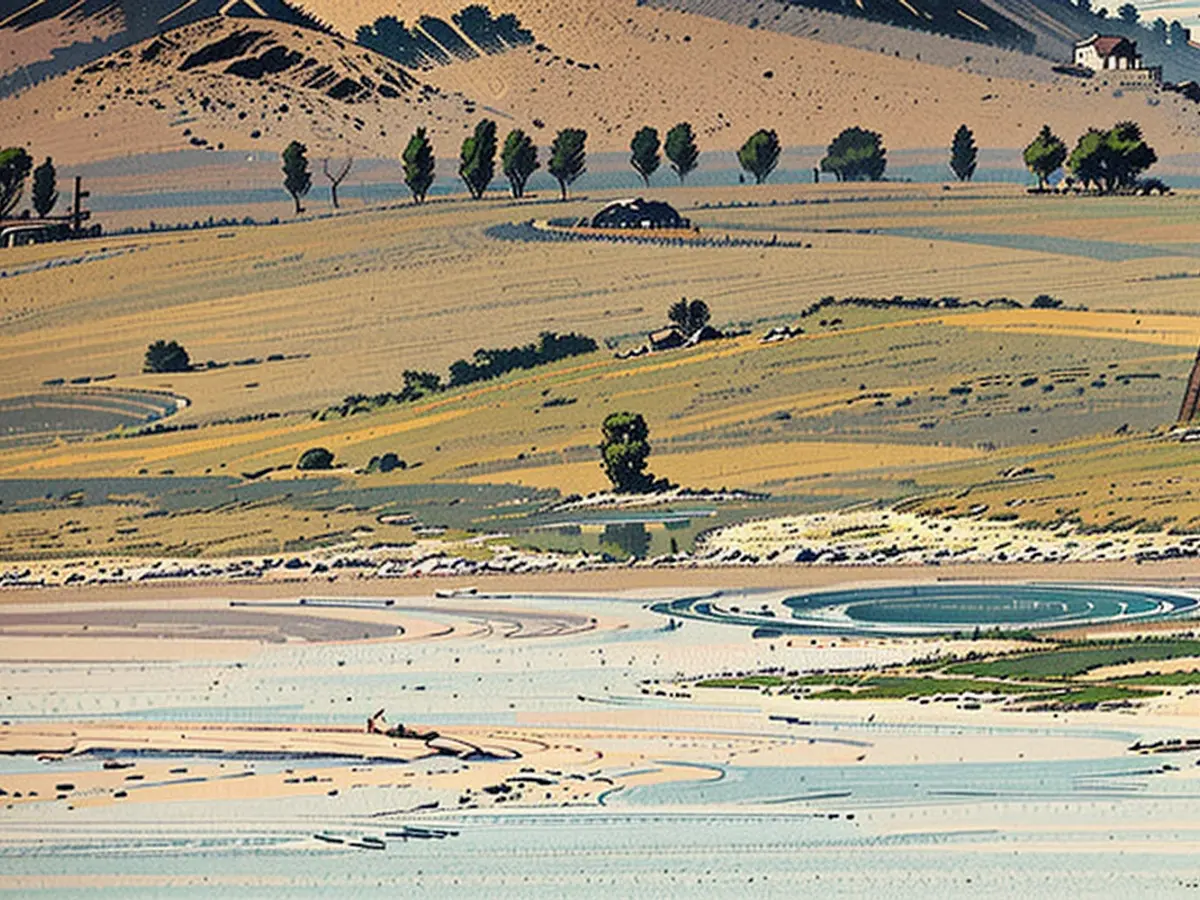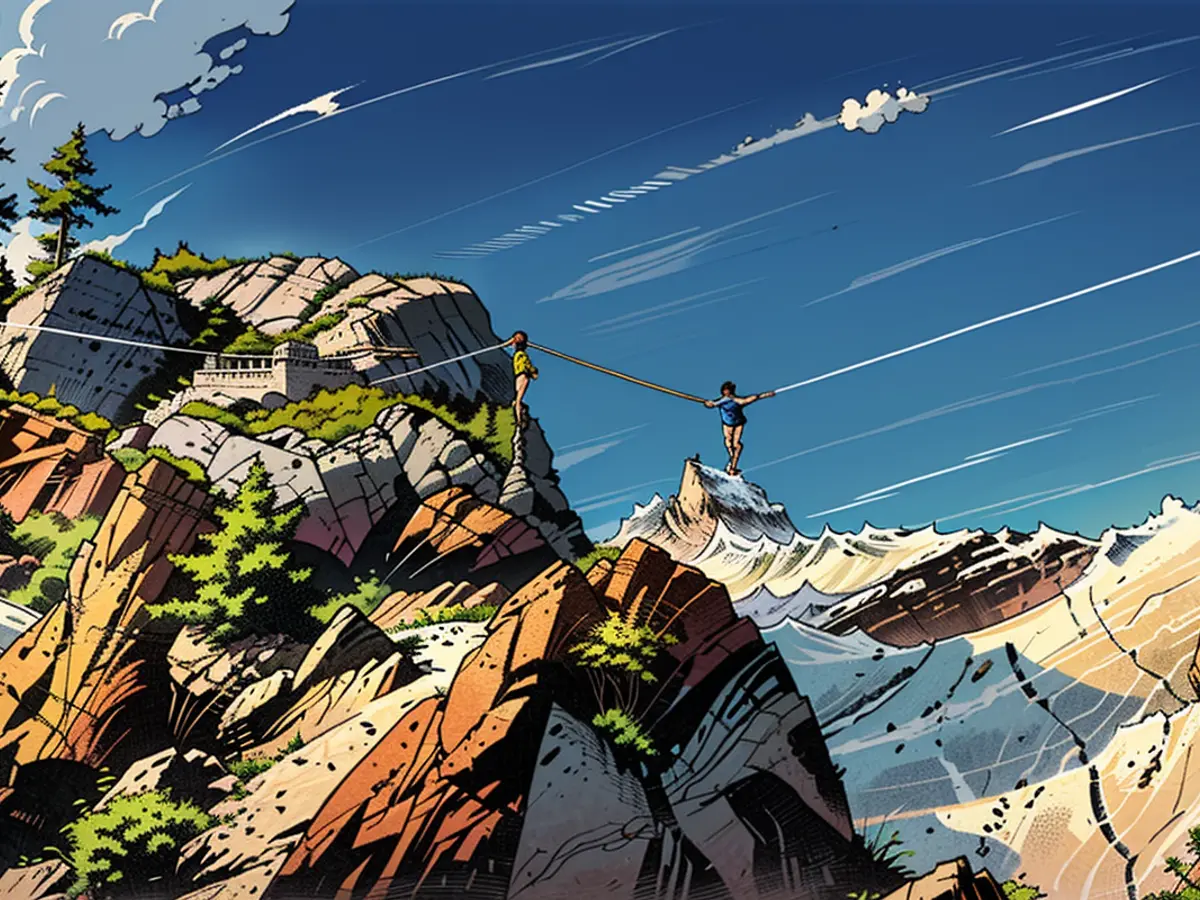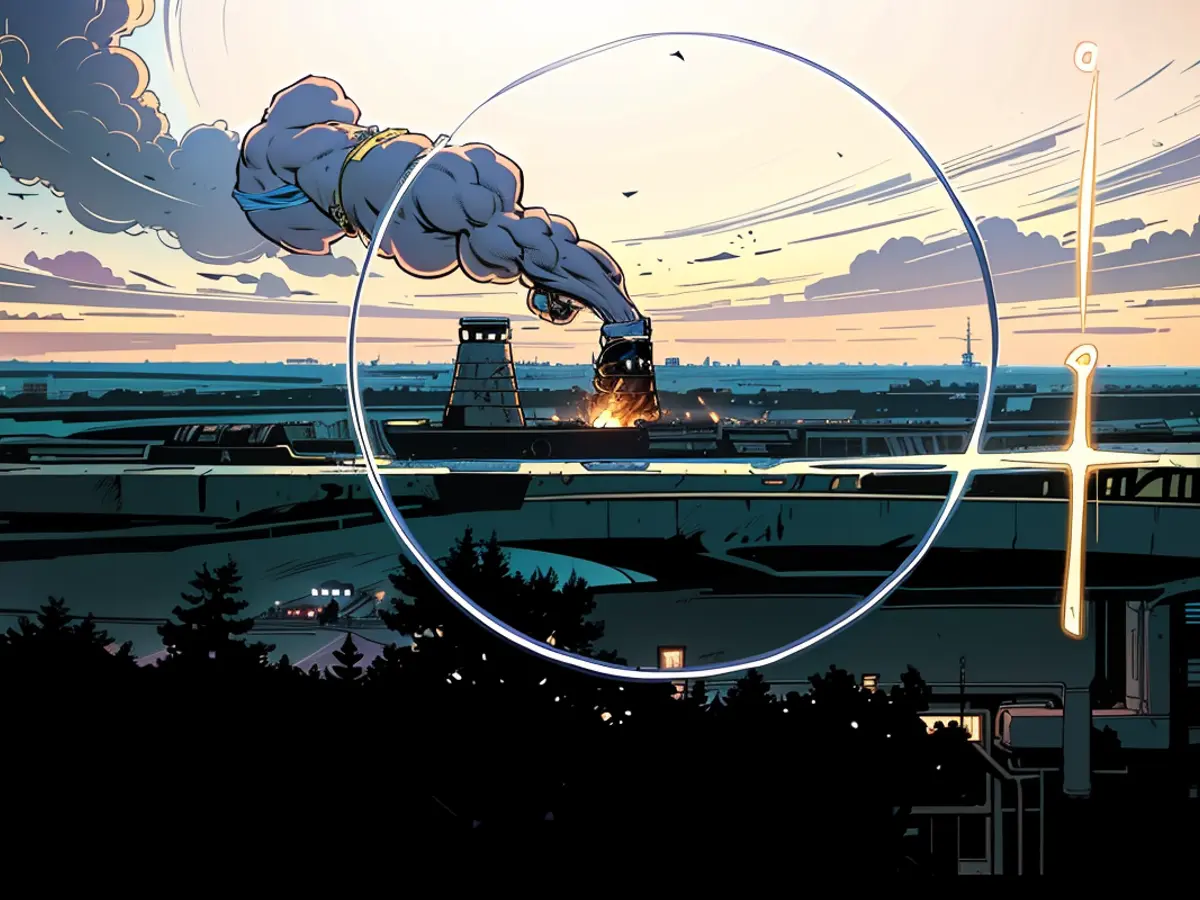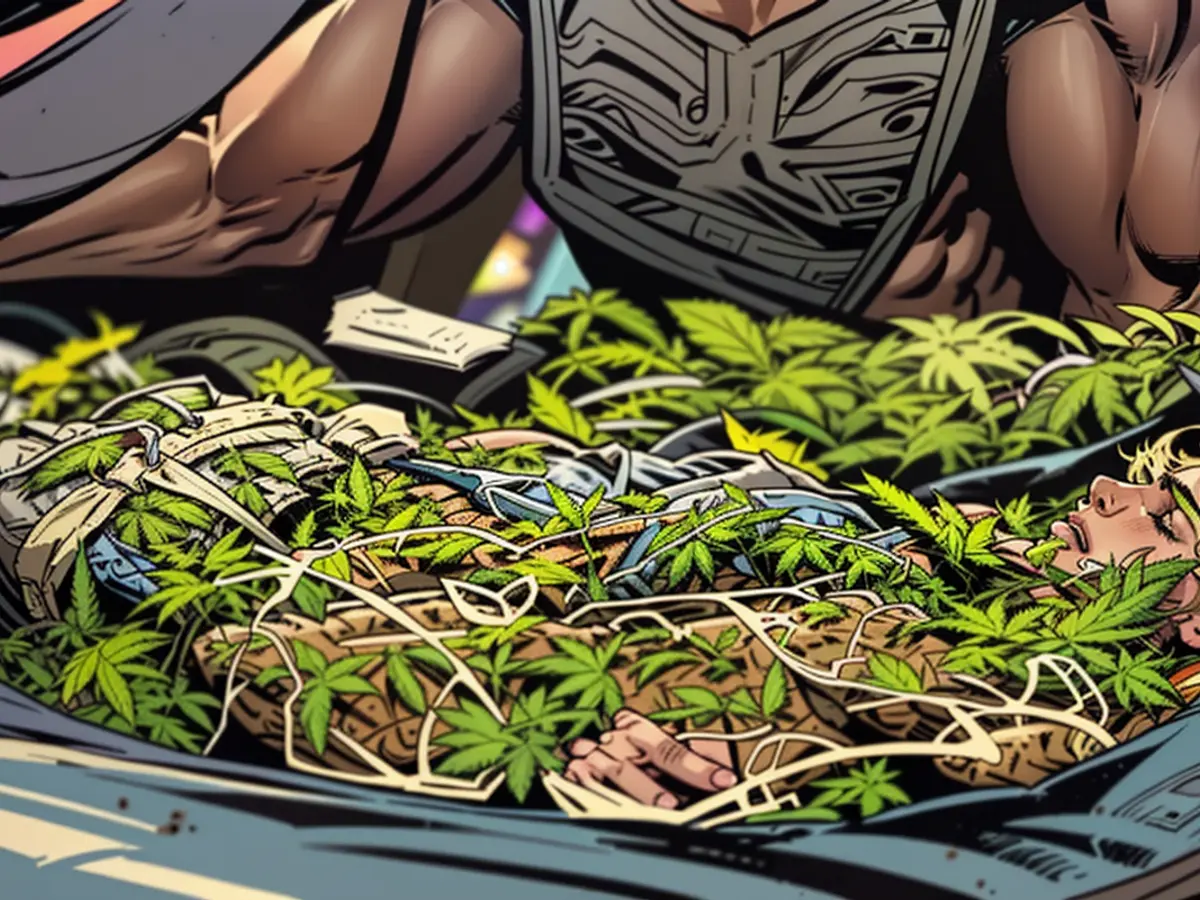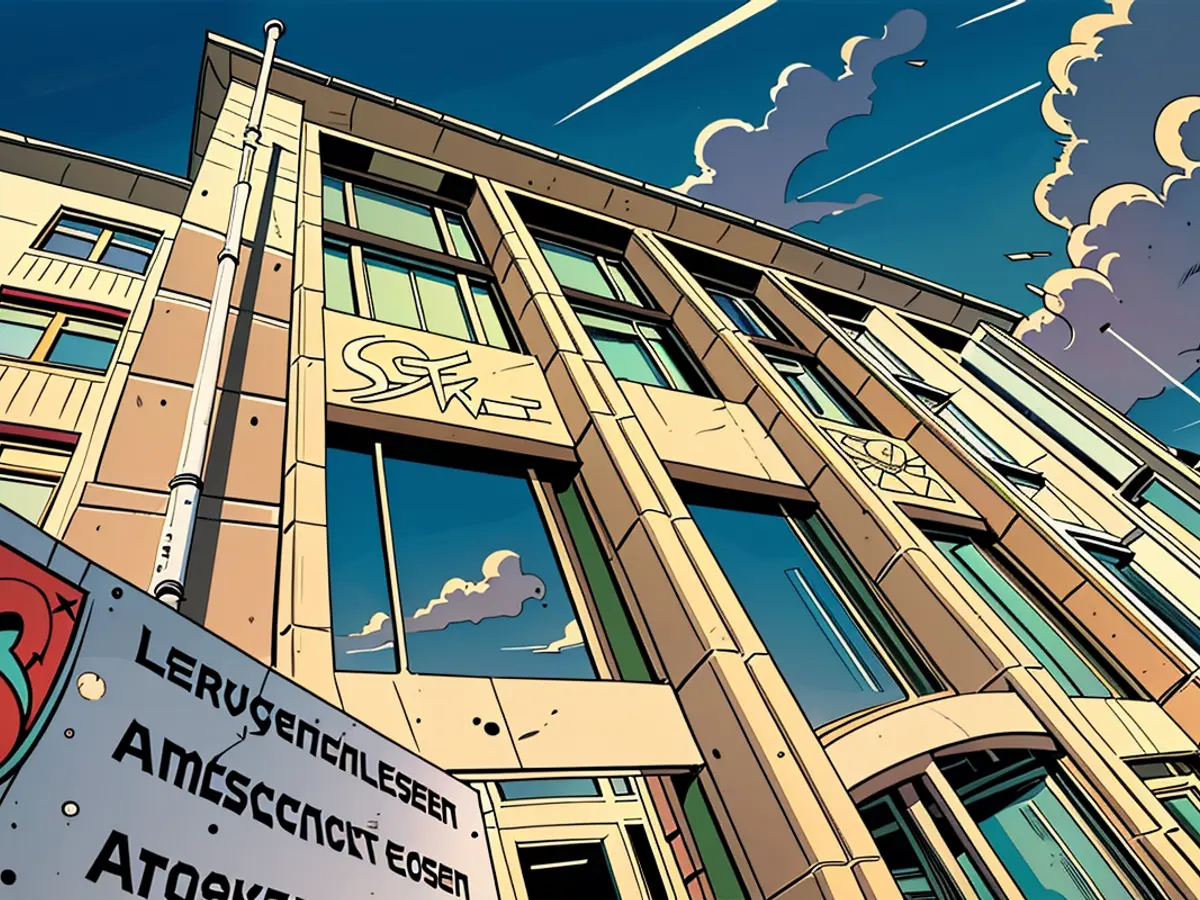Sicily suffers from catastrophic drought
Sicily is facing an extreme drought: Lakes are drying up, and in some places, water is becoming a scarce commodity for the population. Projections for the future do not bode well.
Sicily is accustomed to drought during the hot summer months, but this year it is as catastrophic as it has been in a long time. Dried-up lakes and fields parched by the scorching heat paint a picture on the Italian Mediterranean island. Some landscapes are barely recognizable this summer: lakes that once shimmered turquoise are now muddy or completely dry.
Farmers are lamenting decimated crops and farmers are facing the difficult decision of whether and how many of their animals to slaughter before they become too emaciated due to water shortages. For the residents of many areas of Sicily, particularly the southern province of Agrigento, tap water is strictly rationed. They stand in long lines with water jugs to collect water from public wells.
There is a drought emergency in this vacation paradise: Sicily's government has already declared a state of emergency. The Italian environmental agency ISPRA has issued the highest warning level for the Mediterranean island. The extreme water shortage is triggered by the current heat wave and lack of rain. The Foreign Office has updated its travel advice to alert tourists to the risks of drought.
The Sicilians have adapted to long periods of drought without rain in recent years: they store water in underground or roof-mounted cisterns, and water is delivered to remote areas by large tank trucks. However, all these efforts were not enough this summer. Naval tank ships are approaching from the mainland to supply the population with water.
Drought emergency has human causes
This year, according to the Civil Protection Agency, it has rained less than it has in a long time. And the forecasts for the coming years do not paint a rosy picture: according to a report by environmental engineer Leonardo Noto of the University of Palermo, it will rain less frequently but more intensely in the future, while lighter and more consistent rain that penetrates deep into the groundwater level and saturates the soil will decrease.
Experts say that the water shortage in Sicily is partly man-made: many water pipelines on the island are in poor condition, resulting in significant water loss. Furthermore, strategies to address the problem have been lacking for years. Experts blame political inaction and poor water management, combined with the lack of rain in the winter months and the heat, now showing its bitter consequences.
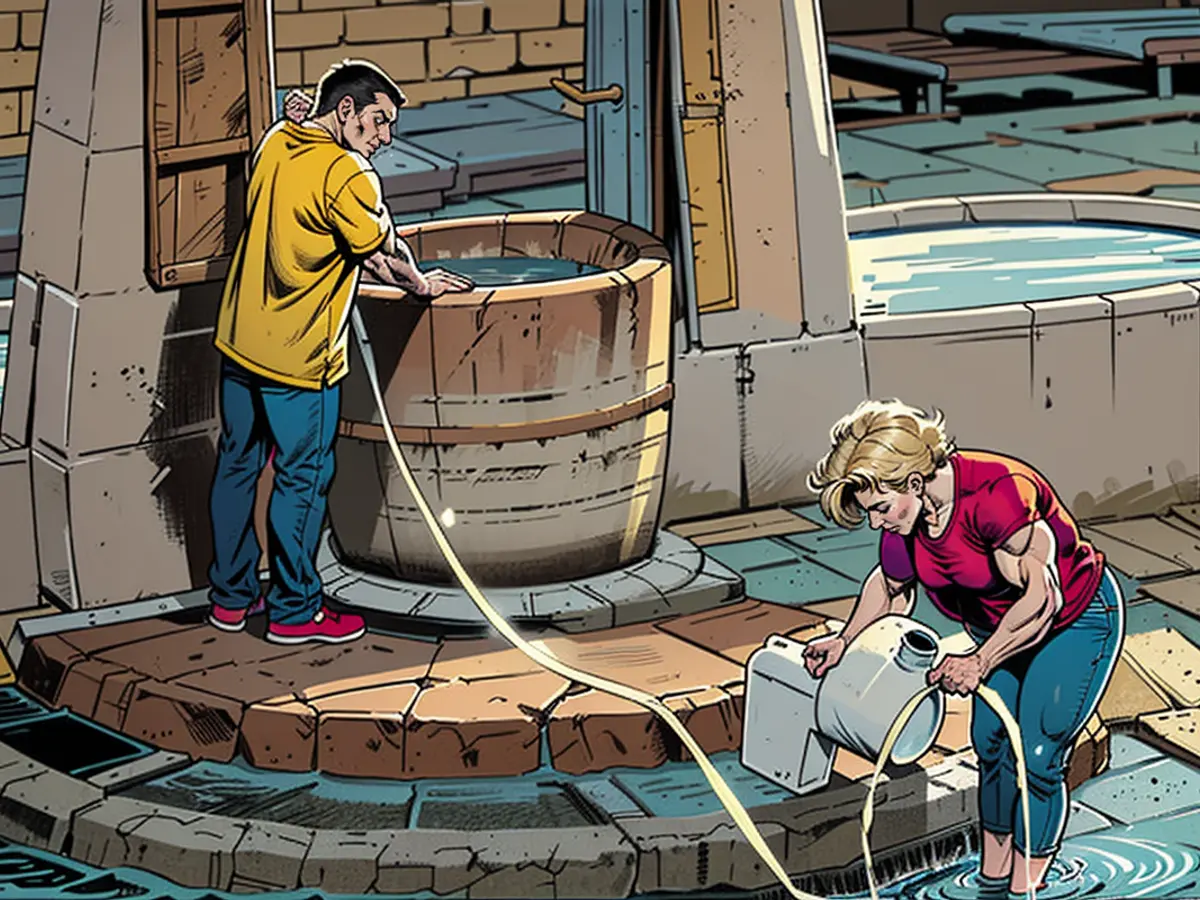
Farmers and residents angry at politics
Year after year, farmers and residents say, politics makes promises that never materialize. "I wonder what the politicians are doing," complains Giovanni Bonanno, who grows prickly pears near Agrigento. Millions of euros are being freed up in Rome and Palermo. "That's not what we need. We need better dams and wells," says Bonanno. "The real farmer loves his land, he gets up every morning and works. We want to be able to work." The frustration of the Sicilians is exacerbated by the fact that, on the one hand, dams are drying up, and on the other hand, many tourist areas have full pools. The Fanaco Lake, which supplied several communities with water, is running out, and the Pergusa Lake, Sicily's largest natural lake, is almost dry.
Indeed, Sicilian authorities are making great efforts to ensure tourists do not notice the water shortage and drought. In the particularly affected southern Sicily, the so-called Valley of the Temples near Agrigento remains one of the most popular attractions for tourists. Local authorities reassure visitors that they have nothing to fear from the drought. Water supply is being prioritized. However, according to Italian media reports, some hotels are already running out of water. The tourism sector, according to the hoteliers' association Federalberghi, is not yet feeling the effects. However, the business association Confcommercio is raising the alarm and warning of the threat of water shortages to tourism. The association has called for the consequences for an important source of income for Sicily not to be underestimated.
New strategies from authorities demanded
Will the authorities draw conclusions from this extreme summer for the coming years? Projections by researchers do not bode well. Some experts even predict that a third of Sicily could turn into a desert landscape by 2030. However, Leonardo Noto from the University of Palermo assumes in his report that the island will become increasingly dry and desert-like by the end of the century.
Experts and the population of Sicily agree that water management needs to be changed urgently. Until then, Sicilians must find new solutions. Some are already collecting water in bathtubs or containers on their balconies - in addition to the cisterns they have had for years.
The European Union has expressed concern over the drought emergency in Sicily and has offered assistance in managing the water crisis. Despite the efforts of Sicilian authorities to hide the drought from tourists, some hotels are already running out of water.
The European Union is actively discussing potential financial aid and resources to help Sicily improve its water infrastructure and implement more efficient water management strategies. The EU believes that addressing the water crisis is crucial for the future of Sicily's tourism industry and its population's well-being.
